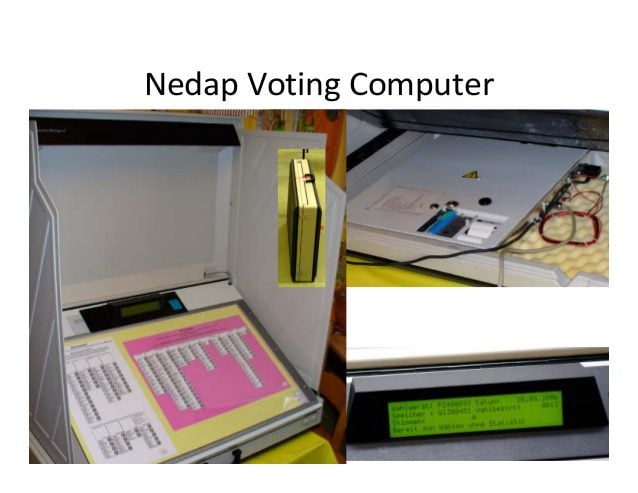The Citizens Committee for the Right to Keep and Bear Arms launched an initiative last year aimed at providing information to Second Amendment-loving Americans. The goal was to provide a comprehensive list of companies and/or CEOs who back gun control initiatives and legislation or have anti-firearm corporate policies in place.
According to Gottlieb, putting together the list was about giving pro-gun Americans knowledge about their purchasing habits. It’s not about boycotting companies and businesses but rather about giving Americans the ability to make informed decisions about where their hard-earned dollars go.
“We encourage people to buy products from companies they can count on to not support efforts aimed at curtailing constitutional rights,” he explained. “By providing this information, we hope gun owning consumers are making reasonable decisions about which businesses to patronize. This might convince some businesses to re-think their core values.”
Pretty sure there a few of these we can live without.
Below are the roughly 200 businesses that made the list:
20/20 Vision
A&M Records
AlleyCorp
Alphabet, Inc.
Amalgamated Bank
Ambition
AMC Theatres
AOL / Time Warner
Ariel Investments LLC
Artsy
Ascend.io
Aspiration
AT&T
Aura
AutoZone
Backpack
Bad Robot
Bain Capital
Bank of America
Beeswax
Begin
Betaworks
Beyond Meat
Bloomberg LP
Bonusly
Brat
Brookfield Property
Brud
Bumble
Burger King
Cambly
Catch & Release
Cerebras Systems
Chipotle
Circle Medical
ClassPass
Clearbit
Clever
Clockwise
CNN
Color Genomics
Comcast
Conde Nast
Costco
Credit Karma
Crunchbase
Curalate
Curtsy
Dannon
Delta Airlines
DICK’S Sporting Goods
Disney Company
DoorDash
Doxel, Inc.
Ebay
Ecolab
Edelman
Elektra Labs
Emerson Collective
Enterprise
Eventbrite
Farmstead
Full Picture
Fundera
Gap Inc.
Gateway Computers
GE
GEICO
Goat Group
Golden
Graphic Packaging
Group Nine Media
Gucci
Guru
Hallmark Cards
Hard Rock Cafe
Havas Group
HBO
Hint, Inc.
HipDot
Hooked
Horizon Media
Humbition
Impossible Foods
Interpublic
Intuit
JOOR
Jumbo Privacy
Kabbage Inc.
Kadena
Kanga
Knowable
Lattice
Levi Strauss & Co.
Lucent Technologies
Lyft
MetaProp.vc
MetLife
Microsoft
Modern Fertility
MongoDB Inc.
MSNBC
MTV
Navient
NBC Universal
NCR Corp.
Neighborland
NewsCred
Nextdoor
NowThis
Nurx
Oaktree Capital
Oberndorf Enterprises
Oceans
OfferUp
Okta
Omnicom Group
Openpath
Panera Bread
Parabol
Paravision
Paypal
Pinterest
Plato Design
Postmates
Presto
Prima
Progressive Insurance
Prologis
Publicis Groupe
Quartzy
Reddit
Ribbon Health
Ro
Roofstock
Royal Caribbean Cruises
RXR Realty
Sara Lee
SelfMade
Shoptiques Inc.
Showtime Cable Network
Shutterstock Inc.
Sidewalk Labs
Sift
Skillshare
SkySafe
Small Door
SmartAsset
Snapdocs, Inc.
Solve.io
Sonic
Southwestern Bell
Splash
Square and Twitter
Squarespace
Standard Bots
Subway
Sundia Corporation
Sunlight Health
Superplastic
SurveyMonkey
SV Angel
Symantec
ThirdLove
Thisopenspace inc.
Thrive Capital
Thrive Global
ThunderCore Inc.
Tillable
Tinder
TOMS
Twilio
Uber
Uniform Teeth
Viosera Therapeutics
Virtual Kitchen
Voxer
Voyage
Watsi
WayUp
Whalar
Wizeline
WPP
X.ai, inc.
Y Combinator
Yelp
Yum Brands
Zola

